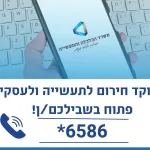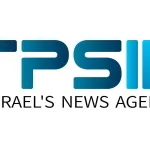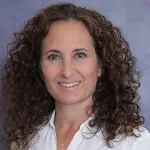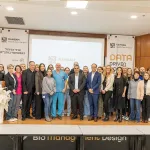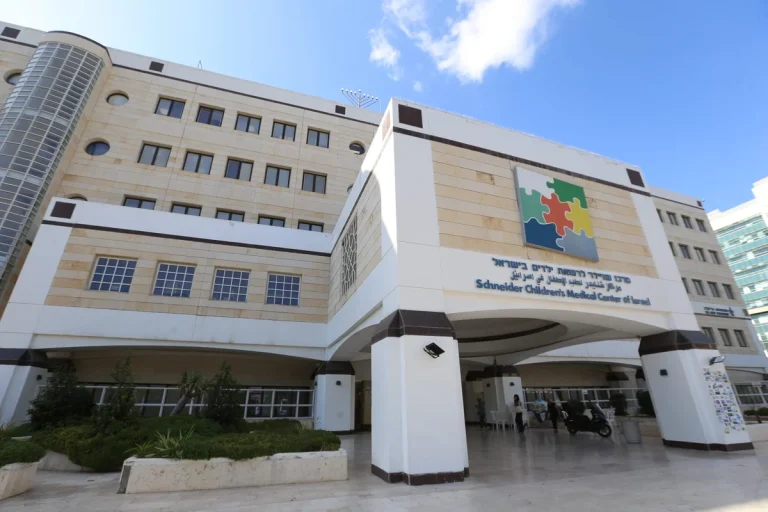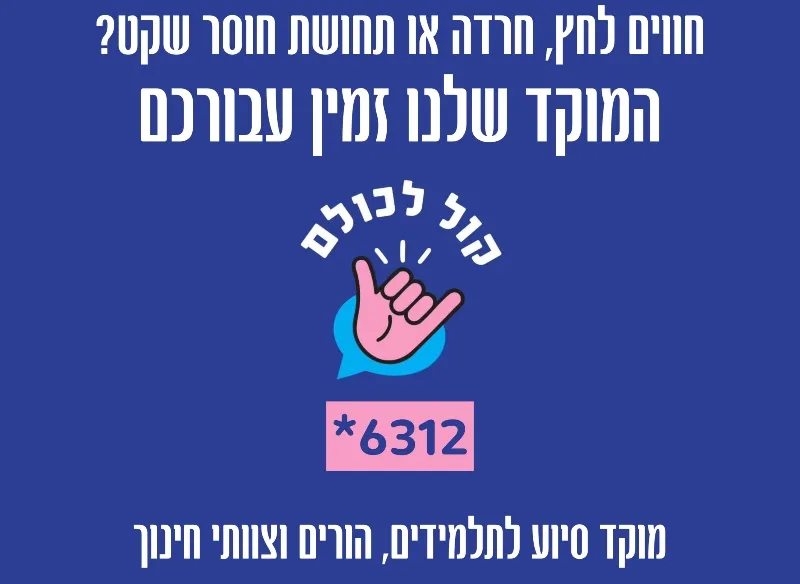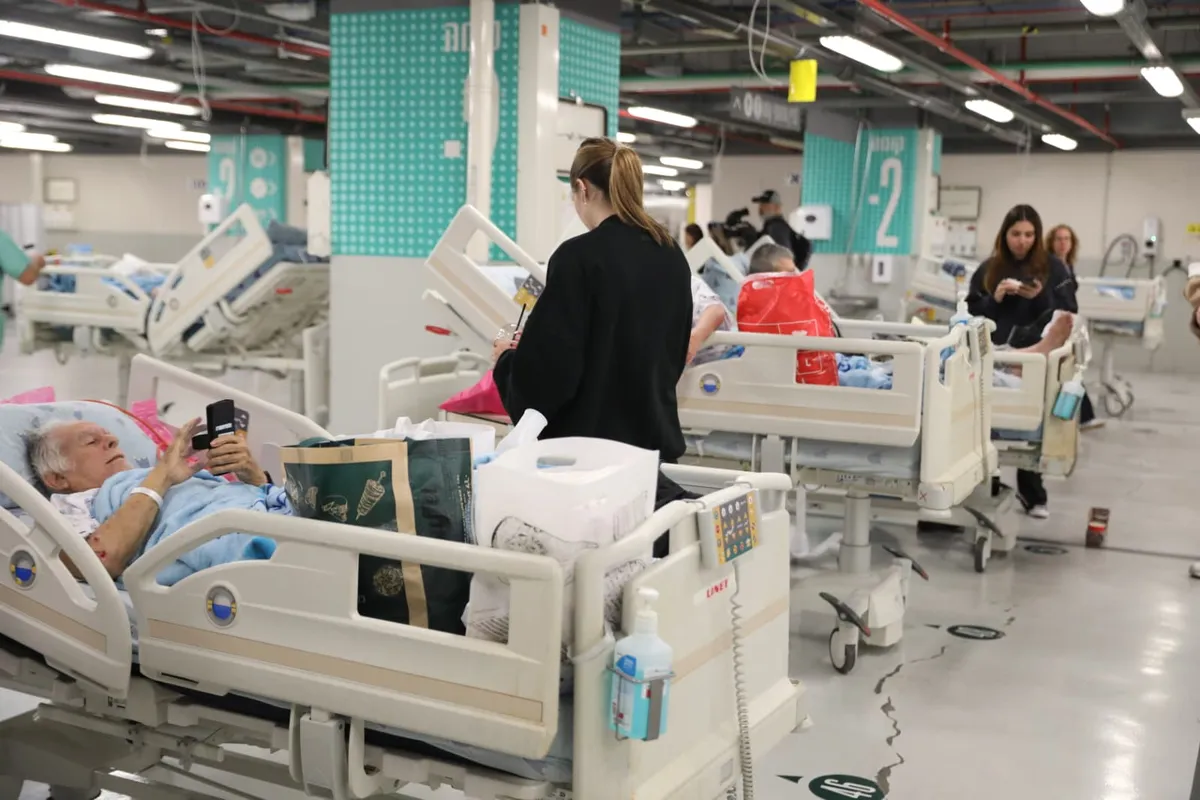Jerusalem, 29 October, 2025 (TPS-IL) — An innovative artificial intelligence-based system, PANDA (Pediatric AI Navigation and Decision Assistant), has begun its first pilot at Schneider Children’s Medical Center of Israel (SCMCI) in Petah Tikva, marking a first-of-its-kind clinical deployment in Israel. The project is designed to provide pediatricians with immediate support for clinical decisions based on the hospital’s extensive internal protocol database.
“The idea for PANDA started with residents at Schneider,” Dr. Shai Yitzhaki, the system’s initiator, told The Press Service of Israel. “This initiative turned into an active project in September 2024, intensive development ran from December 2024 to March 2025, and the first pilot began at SCMCI in June 2025. Overall, the project took about nine months from initial collaboration to clinical deployment.”
PANDA was developed in response to the everyday challenges faced by pediatricians navigating more than 600 clinical protocols across the hospital’s units. Until now, locating the right treatment guidelines required time-consuming manual searches, potentially slowing critical care. The new system allows clinicians to ask clinical questions in free language and receive immediate answers drawn exclusively from Schneider’s internal protocols.
“We built a tool born from the daily reality of pediatricians,” Yitzhaki said. “The system allows us to immediately receive qualified answers to clinical questions from the hospital’s knowledge base, thus providing children with the most accurate treatment. The system enables the use of artificial intelligence in a responsible and informed manner, and is structured in a way that clinicians can trust.”
PANDA’s pilot is expected to expand across Clalit’s network of 14 hospitals and 1,600 clinics.
The technology underpinning PANDA, called Retrieval-Augmented Generation (RAG), ensures that answers are strictly based on the hospital’s local protocols. During development, over 500 clinical questions were compiled by pediatricians, with more than 100 reference answers assigned to guarantee quality. Senior physicians joined the clinical team to oversee implementation and training.
The system was developed in collaboration with Clalit Innovation, the innovation division of Israel’s largest healthcare provider, Clalit. Dr. Rotem Gershon, a resident in AI and Data-Based Medicine at Clalit Innovation, told TPS-IL that PANDA will also serve as a foundation for future AI initiatives.
“Following PANDA’s success and impact, we have received multiple requests from hospitals and outpatient clinics—both from leadership and frontline clinicians—to deploy similar ‘chat with your medical protocol’ tools,” Gershon said. “Our goal is to develop and deploy PANDA chatbots gradually across the organization: for additional hospitals, outpatient settings, and multiple medical specialties. In parallel, the gen-AI infrastructure we built for PANDA is already being used to accelerate other gen-AI tools designed to improve patient care.”
PANDA combines advanced generative AI with rigorous medical oversight. “While Gen-AI unlocks important opportunities for medicine, it can also hallucinate or provide unfaithful answers,” Gershon explained to TPS-IL. “We invest major efforts to ensure that the answers provided by PANDA are reliable and accurate. We created processes to systematically assess PANDA’s medical safety and continue to closely monitor its outputs to strengthen guardrails and address rare unfavorable behaviors.”
In addition to safety, Clalit is measuring PANDA’s real-world impact. “Beyond thorough investigation into AI safety, Clalit strongly believes in assessing the impact of AI deployments, focusing on measurable benefits for clinicians and patients,” Gershon said. “Real-world deployment is accompanied by systematic assessment of clinician feedback and usability, allowing continuous improvement of PANDA and ensuring it meets the practical needs of SCMCI physicians.”
The pilot includes a mobile version that allows doctors direct access from their personal devices.
“This is an ongoing process of constantly improving the safety, quality, and value that the system provides to doctors,” said Nir Shahar, Director of the Data Department in Clalit’s Digital Division.

